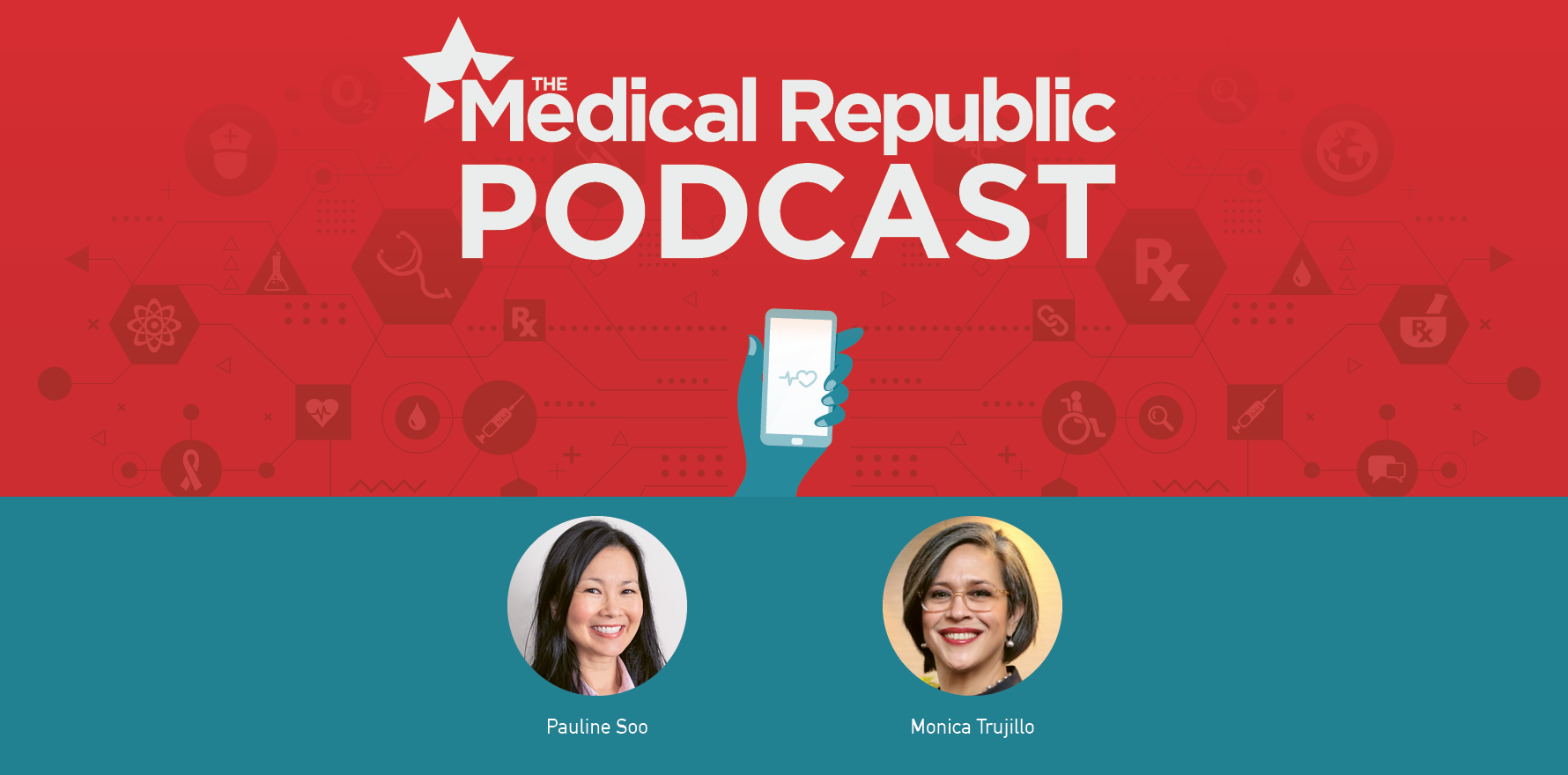Does the evidence support the increasing use of in-your-pocket tech for health – and is the data safe?
Nearly three million people downloaded the Blood Sugar app from Google Play last month alone.
Whether this is a good thing or a bad thing for healthcare is a question we seek to answer in today’s Medical Republic podcast.
As health apps gain traction, so should the clinical rigour and data security around them, says our first guest, Pauline Soo, health director for Datacom.
“There’s certainly a danger that’s emerging because not a lot of the products that I’ve seen are backed by a clinician or clinical research. It’s [also] a bit sketchy in terms of how the data’s being used, who’s using it, what it’s being used for and where it’s actually being stored,” she said.
However, the benefits of health apps are also compelling as they are “raising the level of consciousness for a patient or a consumer around their health and wellbeing,” Ms Soo said. It is, though, up to the consumer to check the privacy and data storage policies for an app before divulging any personal information, she says.
“The danger is actually that health data is incredibly sensitive. For example, if I was suffering from a particular medical condition, and I was managing that through an app, [the data could be] stored somewhere that I have no control over it.
“Do I have concerns about listing a medical condition that may prevent me from getting health insurance in the future? Absolutely,” Ms Soo says.
Dr Monica Trujillo, chief health officer at Telstra Health agrees that patient safety, should be at the forefront of any app design. She introduces us to a word that heralds new hope for GPs harnessing health tech – digi-ceuticals, which are digital applications that have undergone rigorous clinical testing.
“They’ve been through RCTs, they’ve been through real world studies and it means that doctors can prescribe them. I think you’re going to be hearing that word more and more,” Dr Trujillo says.
Dr Trujillo is also lecturer in digital health at Harvard University. She said it gives her amazing scope connecting with digital health leaders from around the globe and a heads up for what’s coming down the track.
Wearables and diagnostics for at-home care are getting more and more advanced.
“[They’re getting] smaller, more accessible, more accurate and simpler to use. The data is becoming easier to consume as well.
“For those older populations, what we’re seeing as well is that some home care packages will have sensors, a GPS (global positioning system) and will take a preventative approach rather than the catching up after [an acute] event has happened,” Dr Trujillo said.
Whether GPs are helped or hindered by it all may not yet have a binary answer but our experts are clear on one thing. Health apps are here to stay. It’s how we use and regulate them that will make all the difference.
You can listen and subscribe to the show by searching for “The Medical Republic” in your favourite podcast player.


